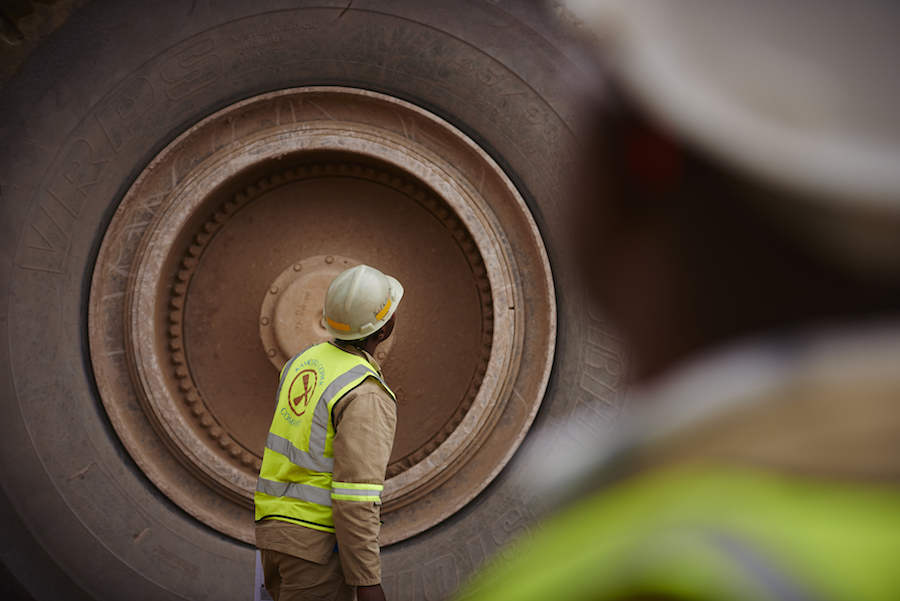Pic: Katanga copper mine in the Democratic Republic of Congo. (Photo: Glencore).
Despite the fact that, through the enactment of new laws and regulations, local governments in Sub-Saharan Africa are starting to claim a larger share of their countries’ mineral resource wealth, BMI Research believes that investments in the region will continue to rise in Q3-2018.
In an industry overview published today, BMI presents the recent changes to the Democratic Republic of Congo’s mining code as an example of a situation that challenges all the parties involved, but that is very unlikely to cloud miners’ interest in venturing in the country.
“On March 10 President Kabila signed into law a new mining code that will raise royalties on minerals across the board, as he tries to shore up the support and funding need to retain power. While these changes pose downside risks to the DRC’s investment profile, we do not expect them to impact our positive growth outlook for the country’s mining industry over the coming quarters,” the report reads.
According to the market research firm, the DRC and others will benefit from mining mergers and acquisitions taking place thanks to improved balance sheets following a surge in prices for key commodities over 2017. A noteworthy case -the document states- is Glencore’s purchase of the remaining stakes in the Mutanda and Katanga copper-cobalt mines in the DRC for $922 million and $38 million, respectively.
The firm foresees other major African players such as AngloGold, Randgold and Impala Platinum improving their profit margins in 2018, something that benefits hosts countries as well. BMI says that this would be the highest free cash flow in six years, which would support a return to growth strategies, probably with a focus on brownfield projects and partnerships.
Not only in the DRC but in other places, miners will have to learn to navigate new ways to operate. In Zambia, for example, miners now have to transport 30% of their cargo for export by rail as the government is looking to revive local rail services. Mali, on the other hand, recently announced that it intends to draft a new mining code.
